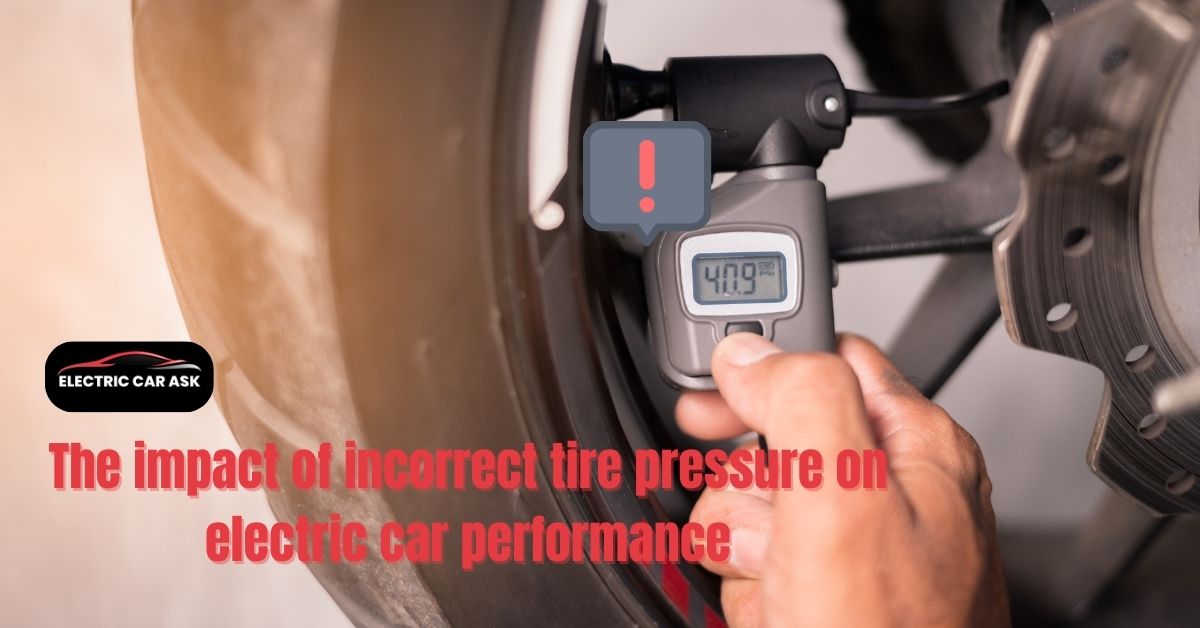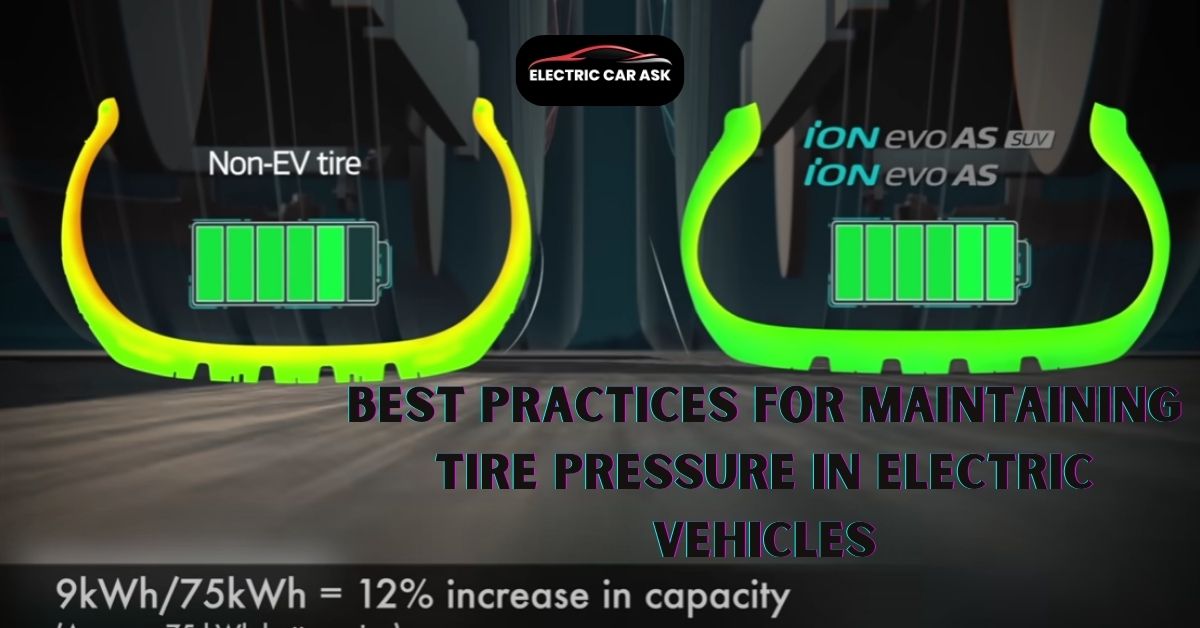How much for an electric car battery? The cost of electric car batteries is a significant factor to consider when evaluating the affordability and feasibility of electric vehicles. In this article, we will delve into the factors that influence the cost of electric car batteries, their environmental impact, lifespan, and replacement costs. So, let’s explore the topic and find out more about the price of electric car batteries.
The Importance of Electric Car Batteries
Electric car batteries are the heart and soul of an electric vehicle, powering its operations. These batteries store and supply electricity to the electric motor, eliminating the need for traditional fossil fuels and reducing harmful emissions. As the world focuses on reducing carbon emissions and combating climate change, the importance of electric vehicles and their batteries cannot be overstated.
Factors Affecting the Cost of Electric Car Batteries
Now, let’s delve into the factors that affect the cost of electric car batteries. When asking, How much for an electric car battery? these factors come into play.
Battery Chemistry
Different battery chemistries impact the price of electric car batteries. Lithium-ion batteries, the most common type used in EVs, strike a balance between performance, energy density, and cost. It’s within this realm of lithium-ion batteries that the cost variations exist.
Battery Capacity
The capacity of an electric car battery, measured in kilowatt-hours (kWh), directly influences its cost. Batteries with higher capacities can store more energy, offering longer driving ranges. However, it’s important to note that higher-capacity batteries tend to come at a higher price.
Manufacturing Scale
The scale of battery production plays a vital role in cost reduction. As production volume increases, economies of scale come into effect, leading to lower manufacturing costs. Moreover, advancements in production techniques and automation contribute to cost savings over time.
Average Cost of Electric Car Batteries : How Much for Electric Car Battery?
Now, let’s answer the question, How much for an electric car battery? The average cost of electric car batteries has been on a steady decline. Back in 2010, the cost per kilowatt-hour was approximately $1,000. However, as of now, the average cost ranges from $150 to $200 per kilowatt-hour. This significant reduction in cost has played a pivotal role in making electric vehicles more affordable and accessible to a wider range of consumers.
Future Trends and Cost Reduction
When contemplating the question, How much for an electric car battery? It’s important to consider future trends and the potential for further cost reduction. Battery technology is continuously evolving, with ongoing research and development efforts focused on improving performance and reducing costs. Innovations such as solid-state batteries and the utilization of alternative materials hold the promise of even better energy storage capabilities, which may further reduce costs in the future.
Environmental Impact of Electric Car Batteries
Addressing concerns about environmental impact is crucial when discussing the cost of electric car batteries. While electric vehicles themselves produce zero tailpipe emissions, the production and disposal of electric car batteries can have environmental implications. The extraction of raw materials like lithium, cobalt, and nickel for battery production raises sustainability concerns and highlights the need for responsible mining practices. However, the industry is actively working on developing more sustainable battery technologies and efficient recycling programs to minimize environmental harm.
Battery Lifespan and Replacement Costs
To fully comprehend the cost of electric car batteries, we must consider battery lifespan and replacement costs. On average, electric car batteries are designed to last for 8 to 15 years, or around 100,000 to 200,000 miles. However, it’s essential to understand that battery degradation can occur over time, leading to reduced range and performance.
When the time comes for battery replacement, the cost can be a significant consideration. As we explore, How much for an electric car battery? It’s important to note that battery replacement costs can vary. Depending on the vehicle model and battery capacity, replacements can range from a few thousand dollars to tens of thousands of dollars. However, as technology advances, economies of scale are realized, and the industry matures, it is expected that battery replacement costs will decrease in the future.

Also Read More
- How Much Does an Electric Car Battery Weight?
- How is an Electric Car Battery Made?
- What Happens When an Electric Car Battery Dies?
- What Happens When Your Electric Car Battery Dies?
- What Happens to an Electric Car Battery When It Dies?
Tips for Maximizing Electric Car Battery Life
To optimize the lifespan and performance of your electric car battery, consider the following tips:
- Avoid frequent deep discharges and extreme temperature conditions, as they can accelerate battery degradation.
- Use scheduled charging and avoid leaving the battery at full charge for extended periods, as it can strain the battery.
- Regular maintenance and software updates can ensure optimal battery performance.
- Take advantage of regenerative braking, a feature that allows the battery to recover energy while driving.
- Utilize smart charging features and take advantage of off-peak electricity rates to optimize charging efficiency and cost-effectiveness.
Charging Infrastructure and Convenience
The availability of charging infrastructure is vital for the widespread adoption of electric vehicles. Governments, businesses, and individuals are investing in the development of public and private charging stations to support the growing number of electric vehicles on the roads. Advancements in charging technology, such as fast chargers and wireless charging, aim to provide convenient and efficient charging experiences for EV owners.
Government Incentives and Subsidies
To encourage the transition to electric vehicles, many governments worldwide offer incentives and subsidies. These incentives can include tax credits, rebates, grants, and exemptions from certain fees. By making electric vehicles more financially attractive, governments aim to accelerate their adoption and contribute to a cleaner and more sustainable future.
Conclusion
In conclusion, the cost of electric car batteries is a crucial consideration for anyone interested in electric vehicles. While asking, How much for an electric car battery? it’s important to understand the factors that influence their cost, such as battery chemistry, capacity, and manufacturing scale. The average cost of electric car batteries has significantly decreased over the years, making EVs more affordable.
Future advancements and ongoing research in battery technology hold the potential for further cost reduction and improved performance. It’s essential to address the environmental impact of electric car batteries, promote battery recycling, and strive for sustainability. With proper care and optimized usage, electric car batteries can offer a long lifespan and optimal performance. The availability of charging infrastructure and government incentives further contribute to the growth of the electric vehicle market.
FAQs
How long do electric car batteries last?
On average, electric car batteries are designed to last for 8 to 15 years, or around 100,000 to 200,000 miles.
Can I upgrade my electric car battery?
Upgrading electric car batteries is not a common practice due to the complexity and cost involved. It is typically more practical to replace the entire battery pack if needed.
Are electric car batteries recyclable?
Yes, electric car batteries are recyclable. Recycling programs and processes are being developed to recover valuable materials and minimize environmental impacts.
How do I know when to replace my electric car battery?
Electric vehicles have built-in battery management systems that monitor the health and performance of the battery. When significant degradation occurs, the system will typically provide notifications or alerts.
What advancements can we expect in electric car batteries in the future?
Future advancements in electric car batteries may include improvements in energy density, faster charging times, a longer lifespan, and the use of alternative materials like solid-state batteries.



